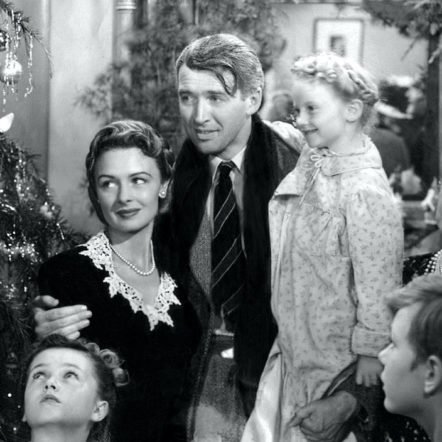Many years ago, a colleague sat me down for a “wisdom” conversation. For more than an hour, he shared the story of his family and career. Then in his late fifties, he was filled with regret because of foolish choices, incomplete relationships, and precious time lost.
Perhaps the nineteenth century American poet, Henry David Thoreau, best summed up his feelings when he wrote:
Most men lead lives of quiet desperation and go to the grave with the song still in them.
Early in his career, my friend had made decisions that he felt were best for his family. With his heart set firmly upon career ladders and promotions, assets were added: A large home. Luxury vehicles. And extravagant summer vacations, too.
At the time, their accumulation appeared both prudent and wise. After each “objective” was achieved, the “need” for a second home, sailboat, and larger investment accounts continued to consume his passion. Not surprisingly, however, none offered lasting satisfaction, but rather, only the desire for more.
But something else happened, too. Time passed. His children grew up and moved away. He and his wife grew apart.
And then, one day, while walking in his yard on a Saturday morning, he felt a sharp pain in his chest. Within minutes, the paramedics arrived, and shortly thereafter, he found himself in a hospital being treated for a heart attack. While medical professionals attended to his every need, he told me that he experienced flashbacks of his children. He remembered their births, for he was physically present at each of those life-giving moments. But for the other “significant” events of their childhood, he was not. While resting on a hospital gurney, he wished and yearned for a return of the school plays, evening baseball games, Girl Scout cookie sales, Halloween parades, Christmas parties, and precious time spent with each of his children.
But sadly, they remained just that—wishes. Wishes that would never come true. For their time had passed. And with their passing, all that was left for him were echoes of small voices, boxes of photographs, fingerprints on bedroom walls, and great emptiness.
As quiet set upon his hospital room, he was left with feelings of quiet desperation. Unable to change the past, the remnants of past decisions weighed heavily upon his heart. One by one, his children arrived, kissed him, held his hand, and told him they loved him.
After nearly losing his life that day, he eventually regained the gift of health. And from that day forward, his life was different. It was more appreciative, more caring, and more loving.
While unable to retrieve the past, our Lord had given him a new today and tomorrow, as well.
Life was a gift. And as he began to open that gift, albeit many years later, what’s important in life became very clear.
For me, too.








